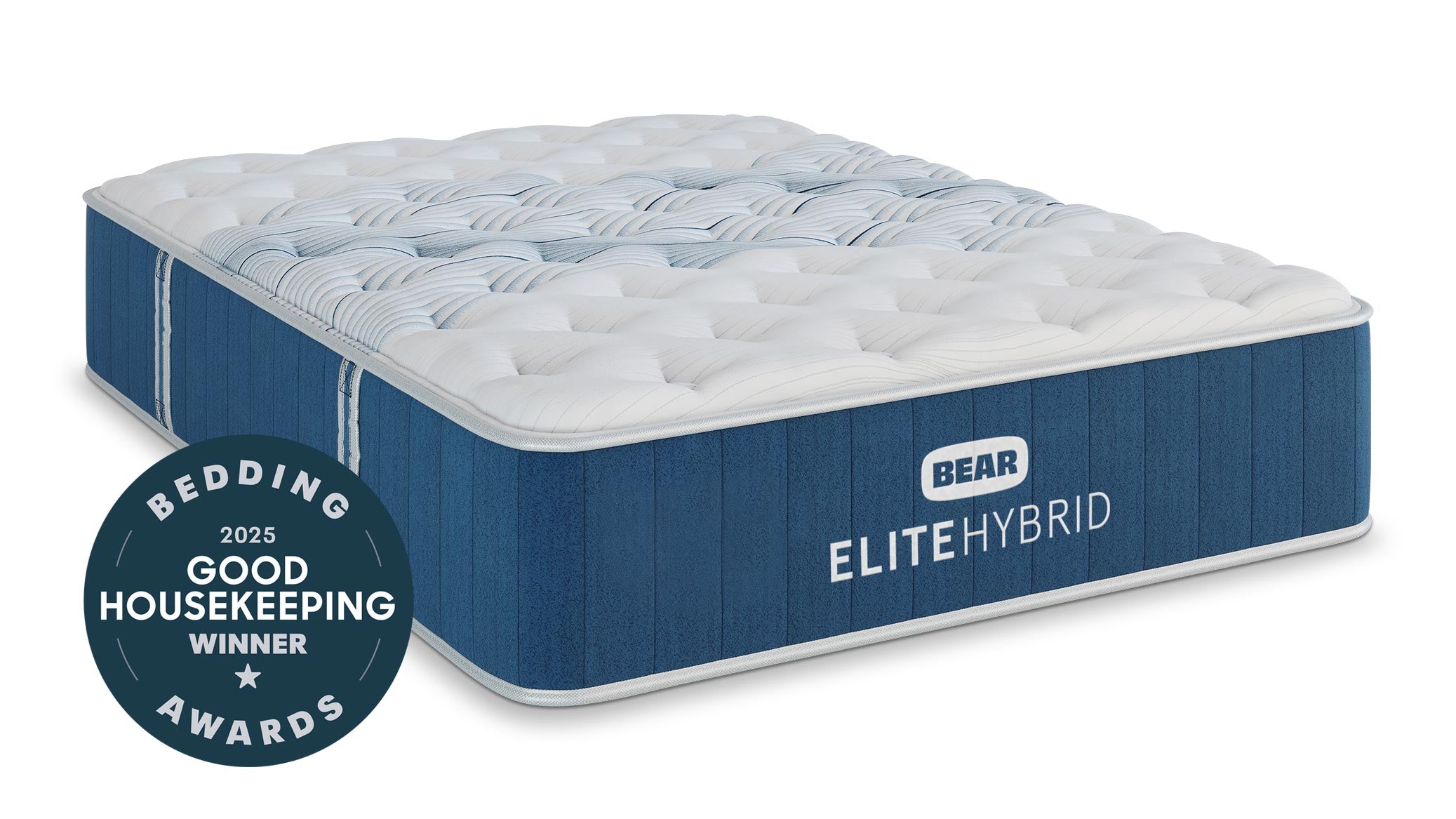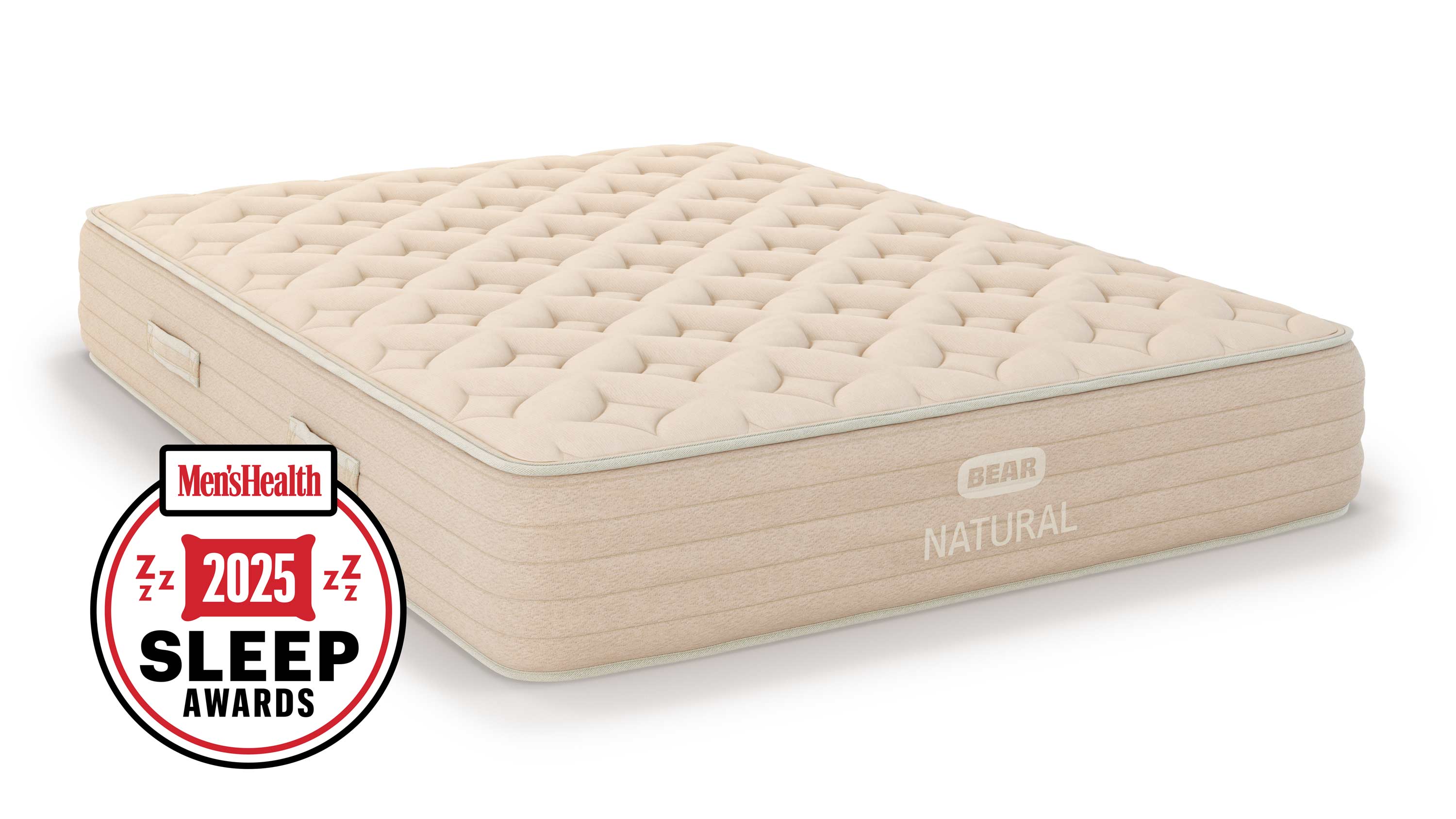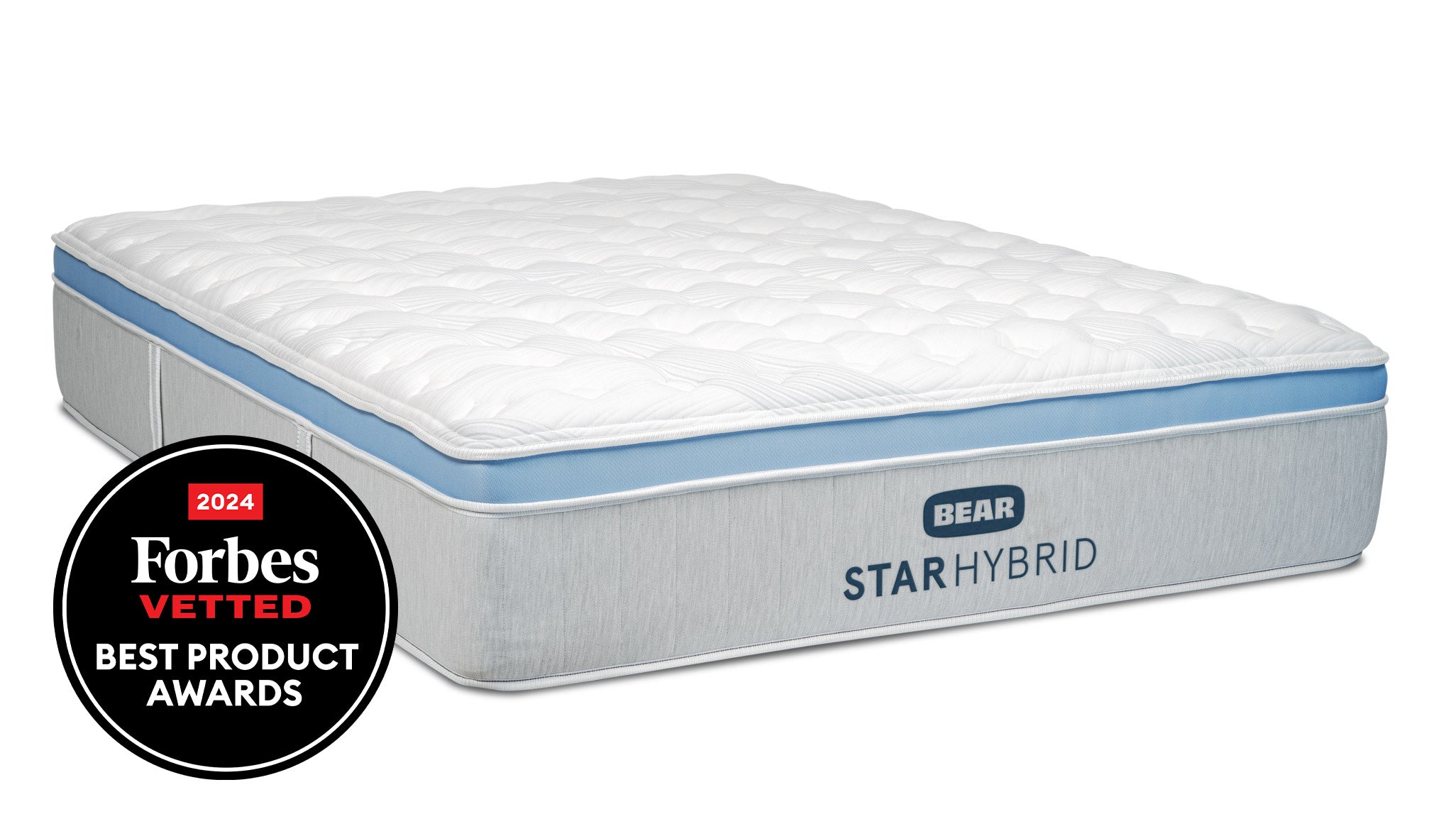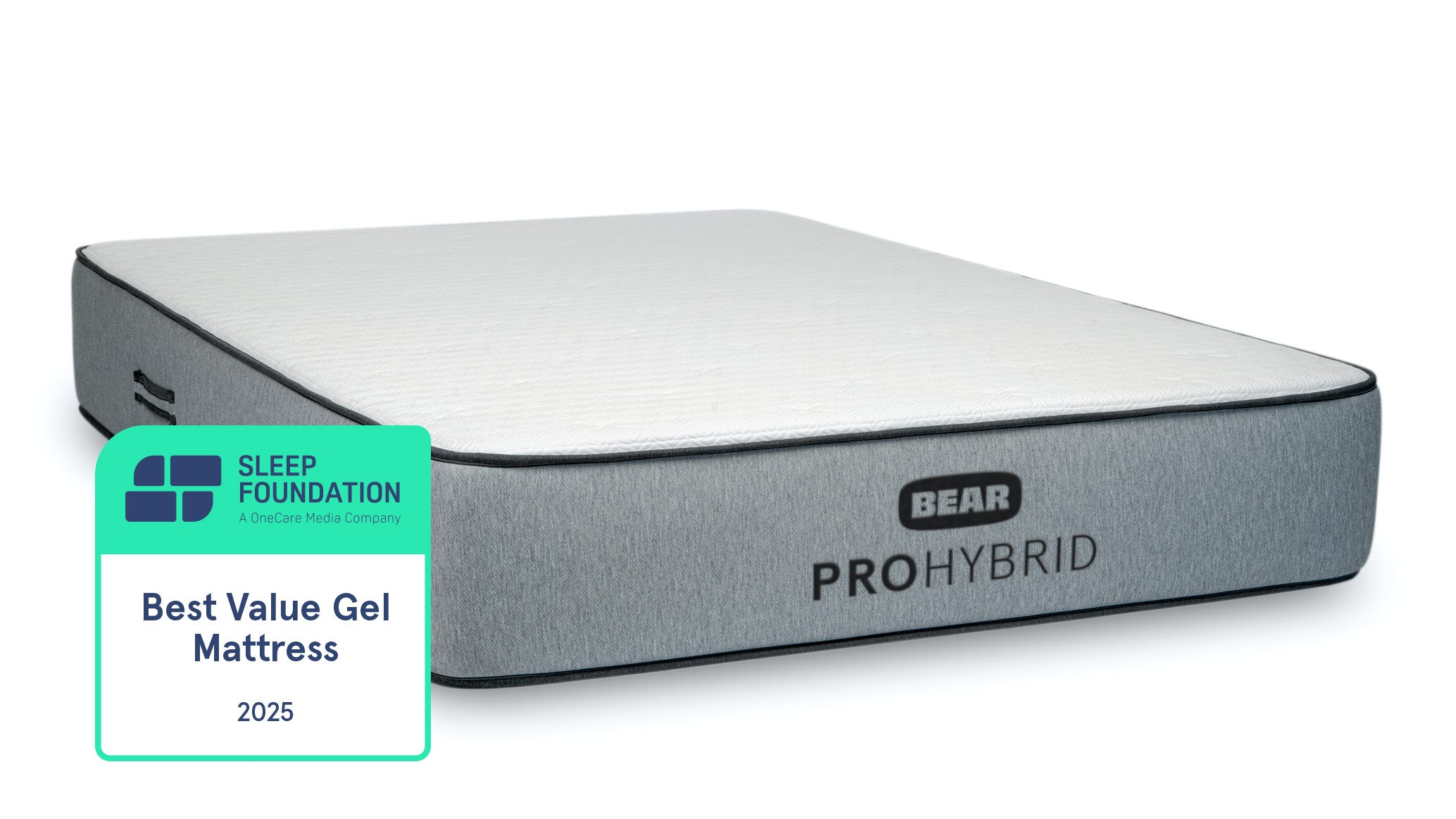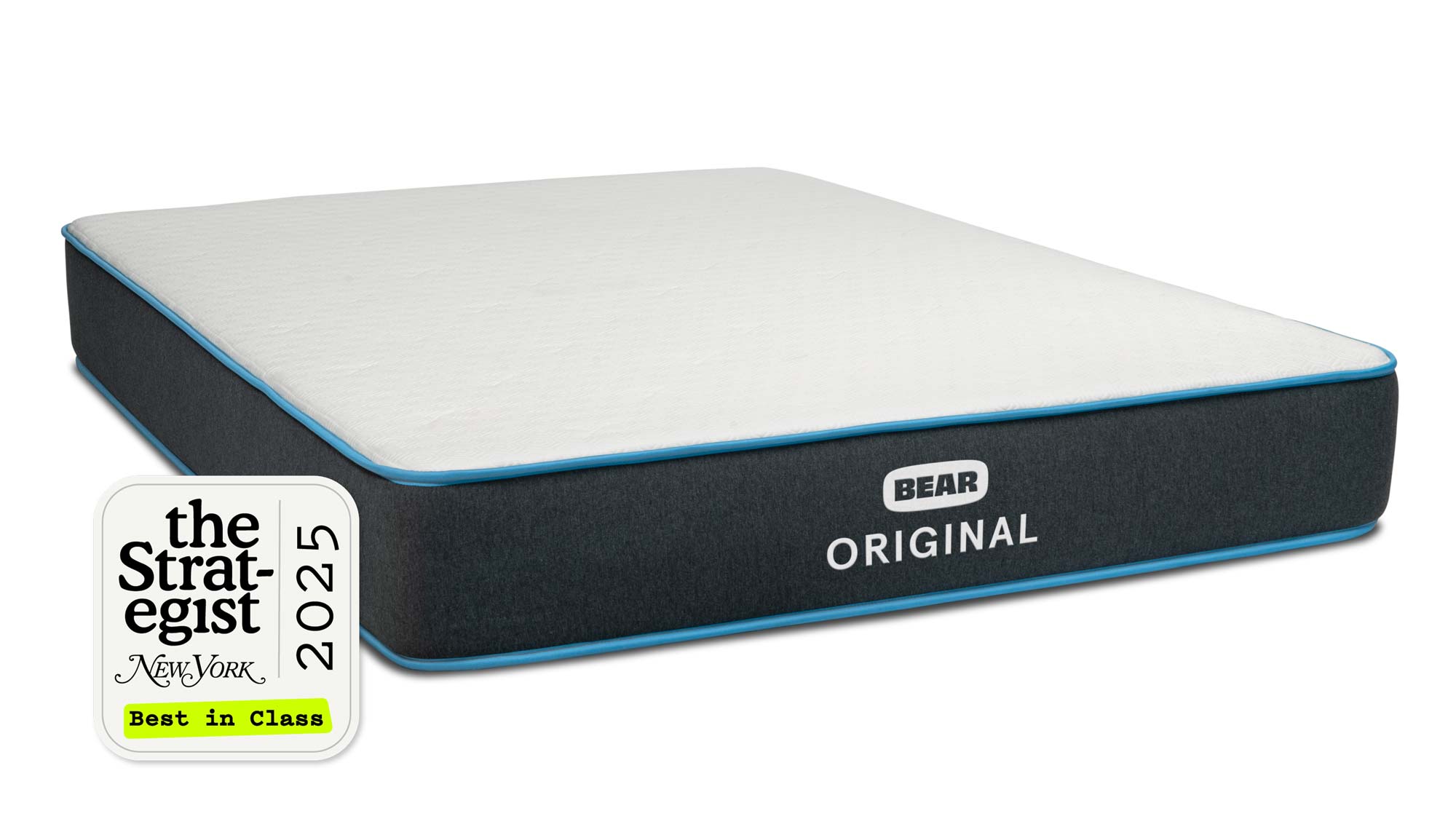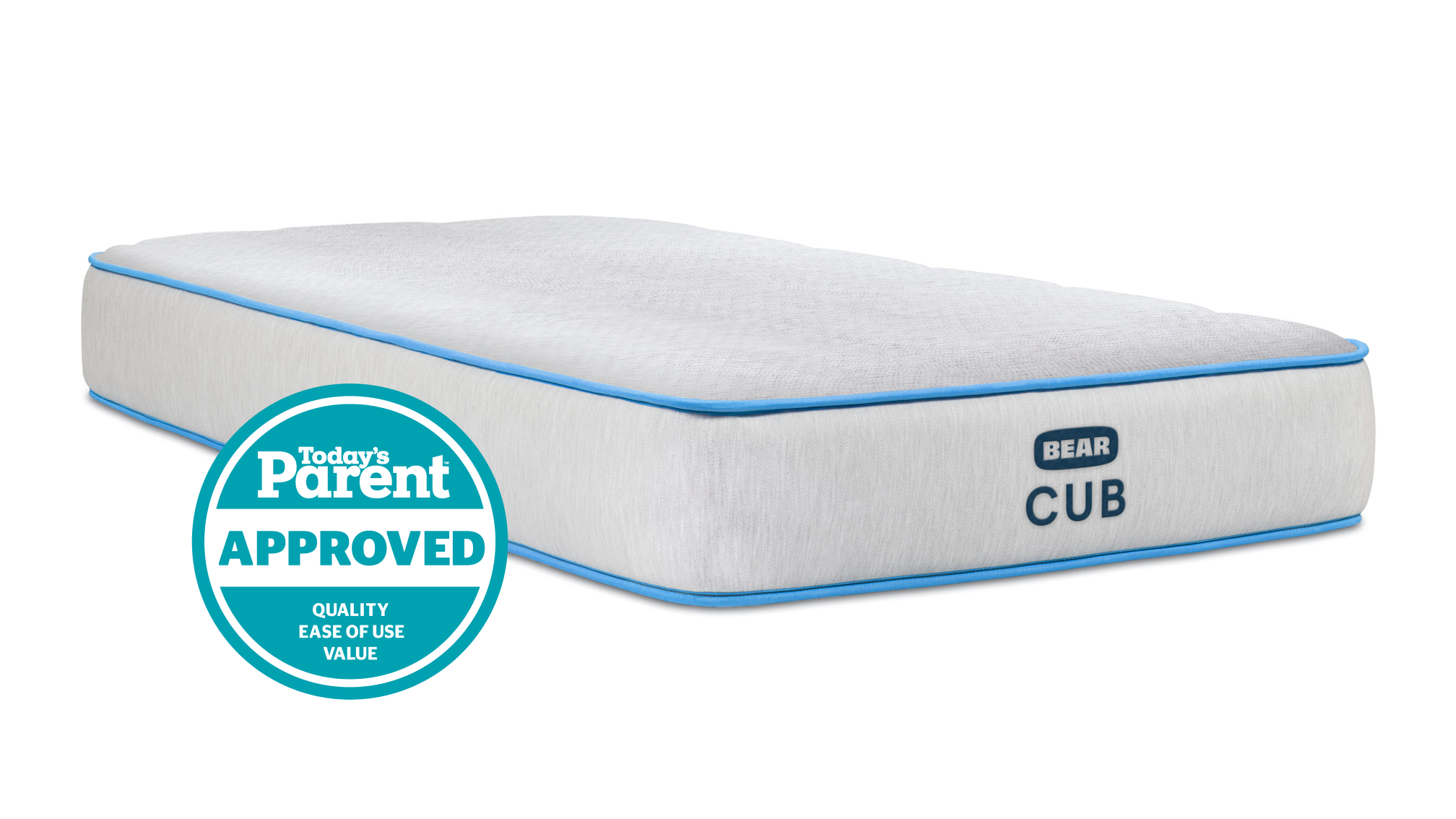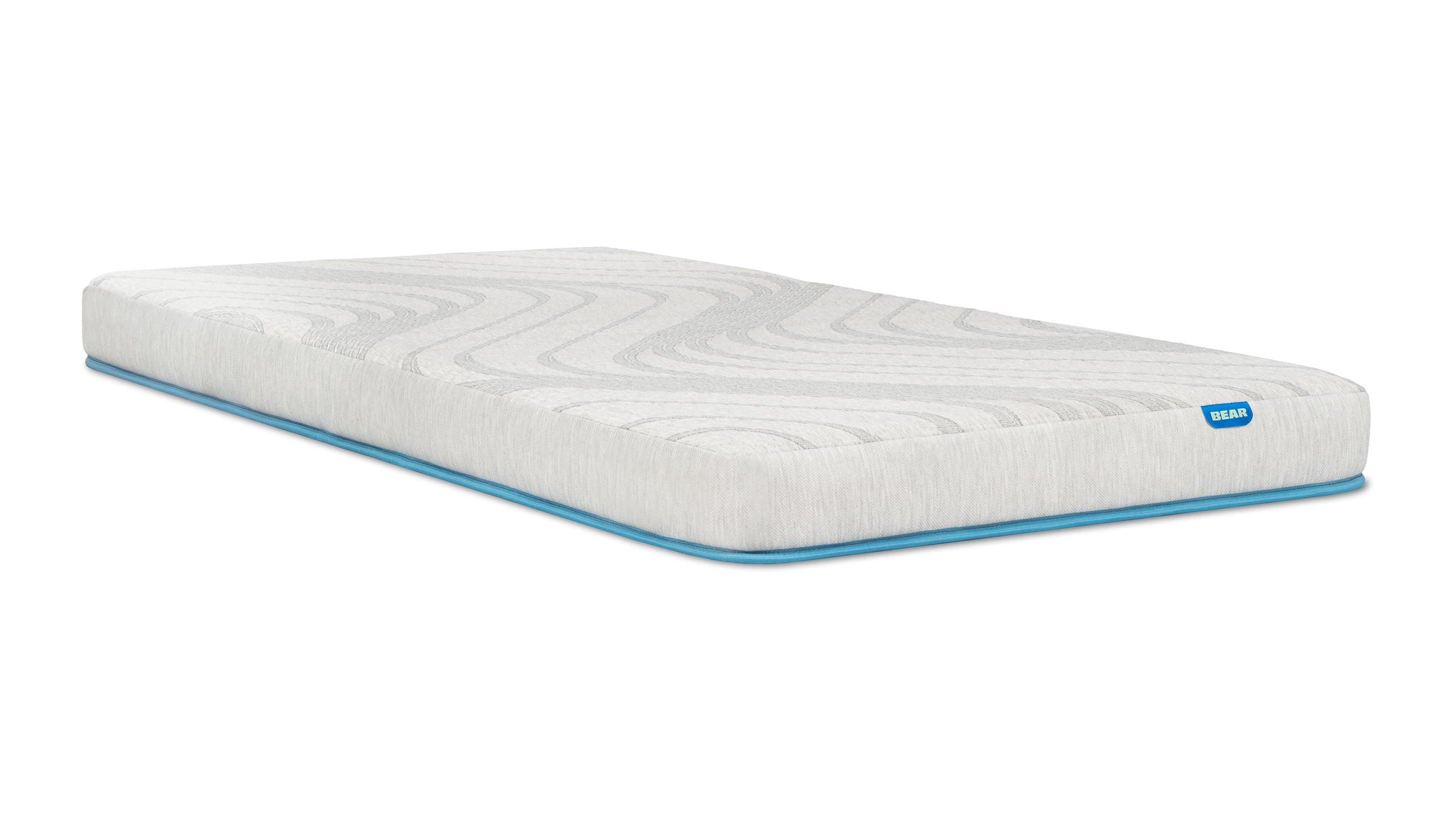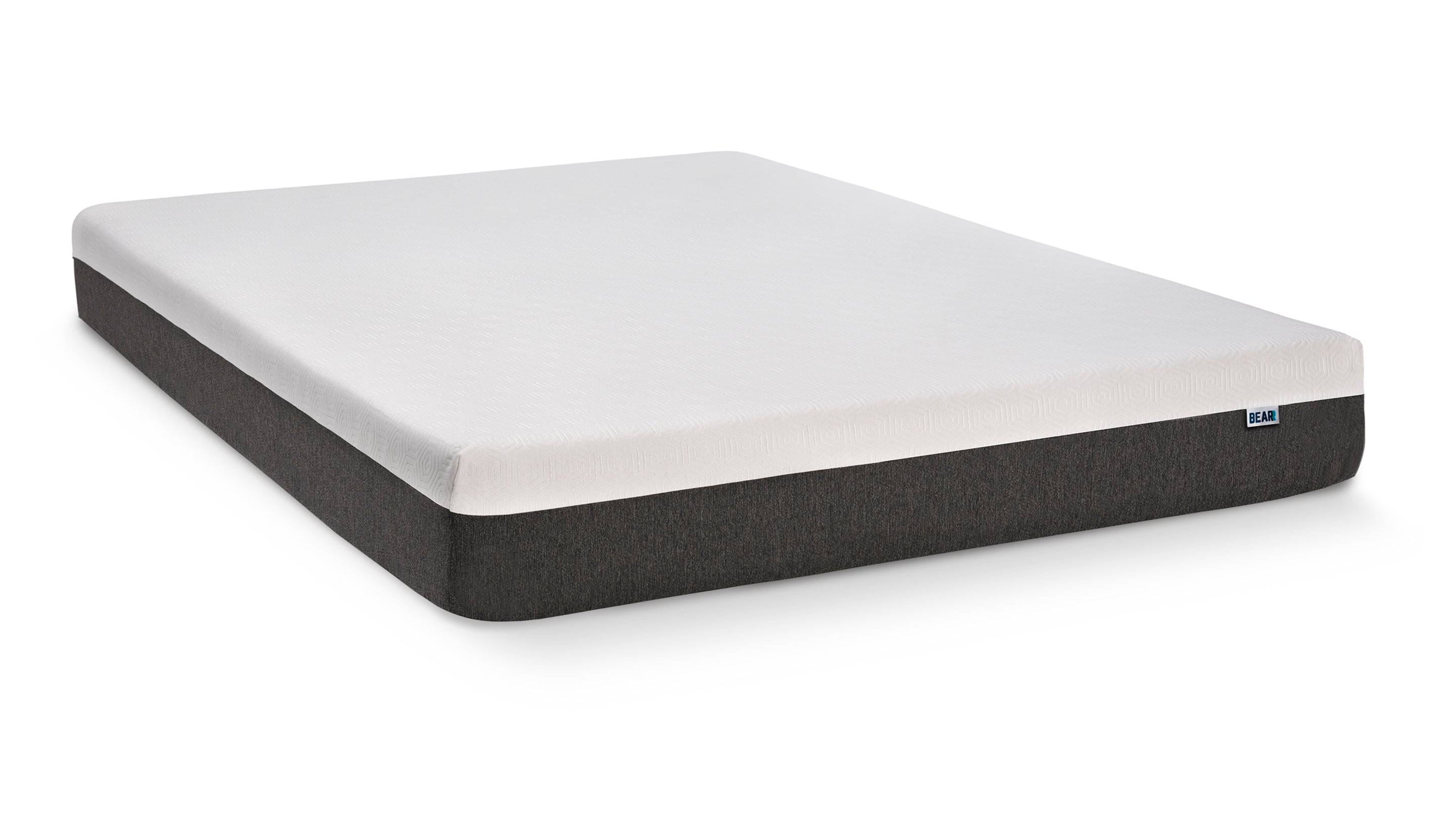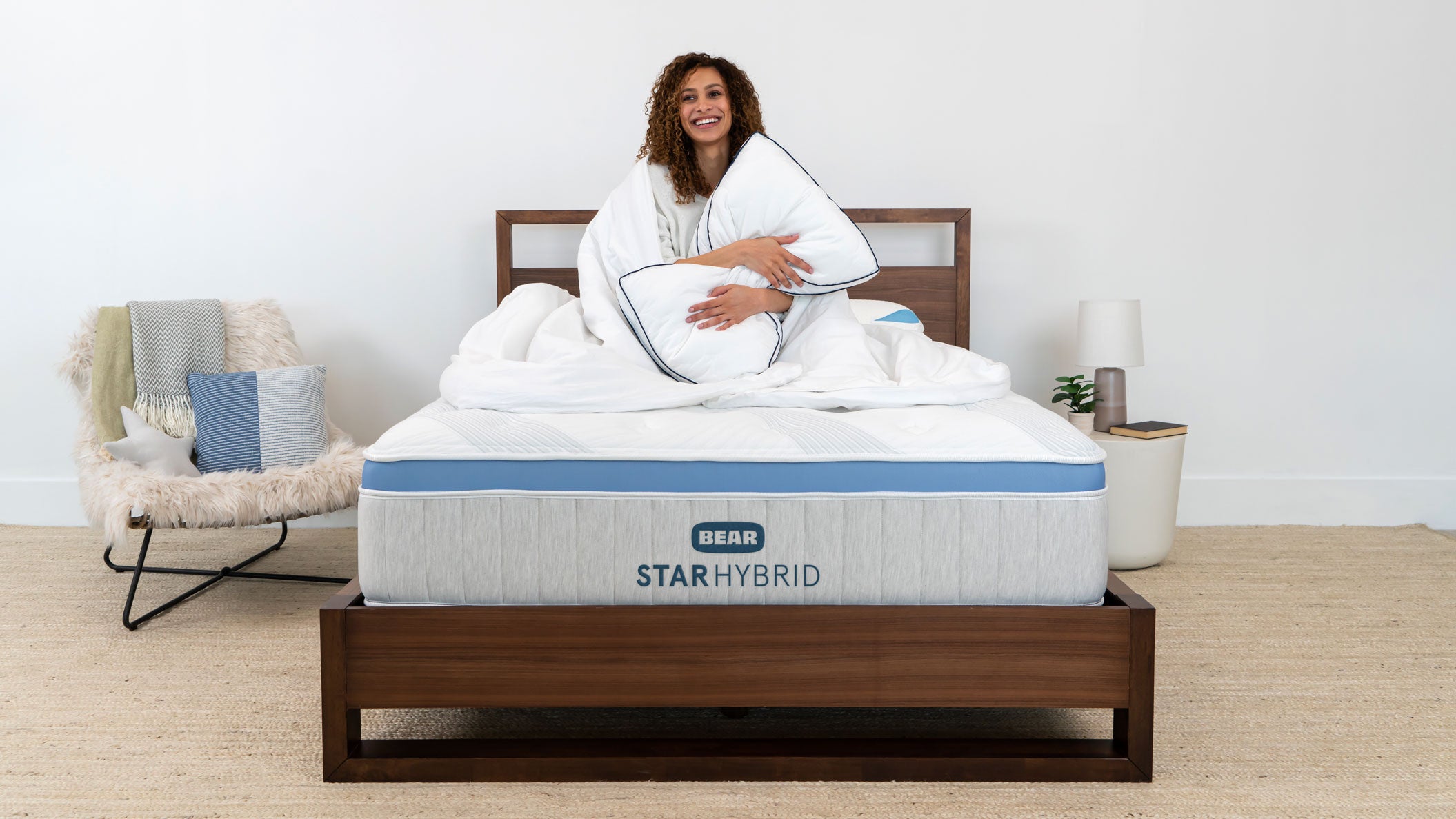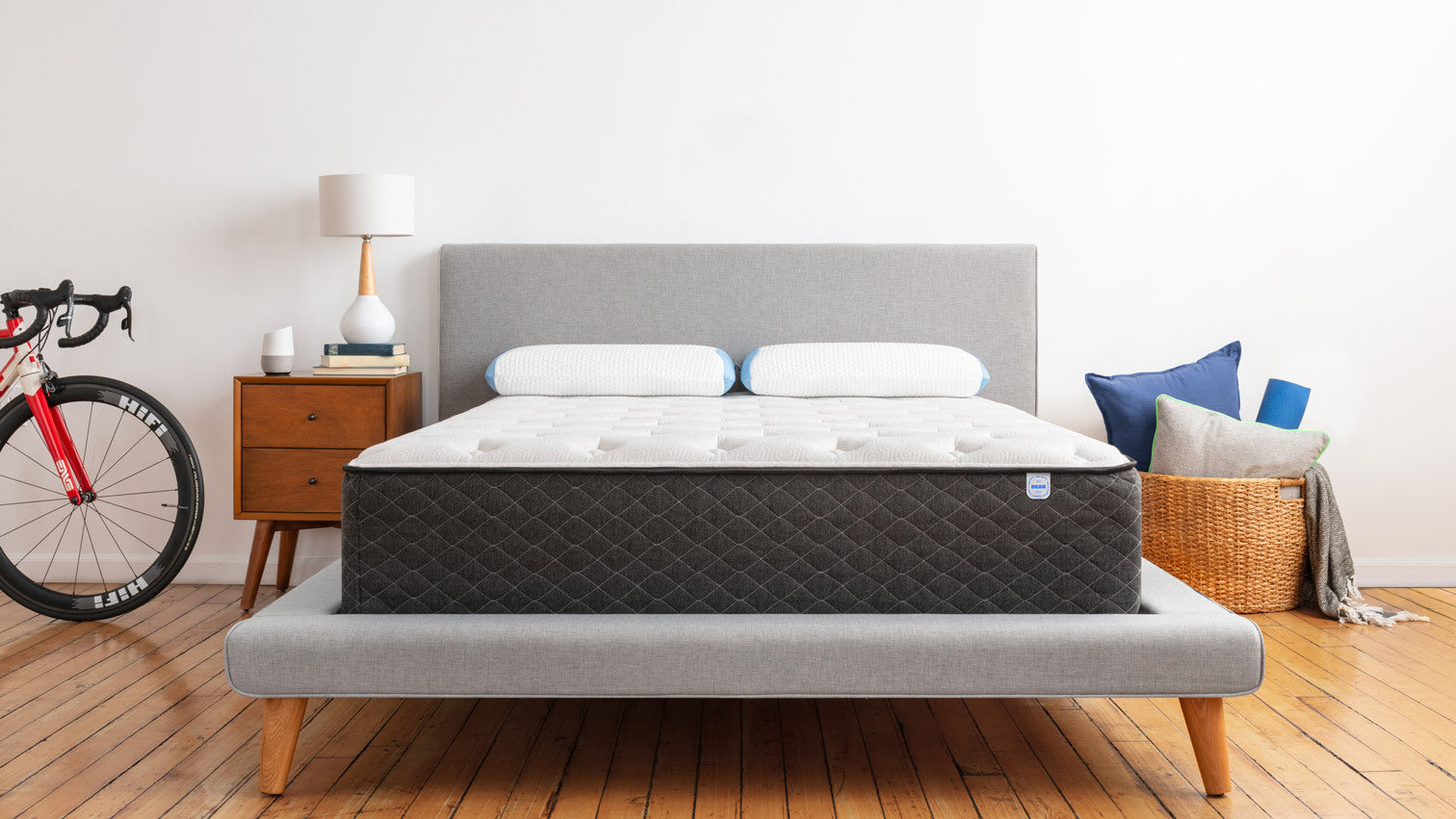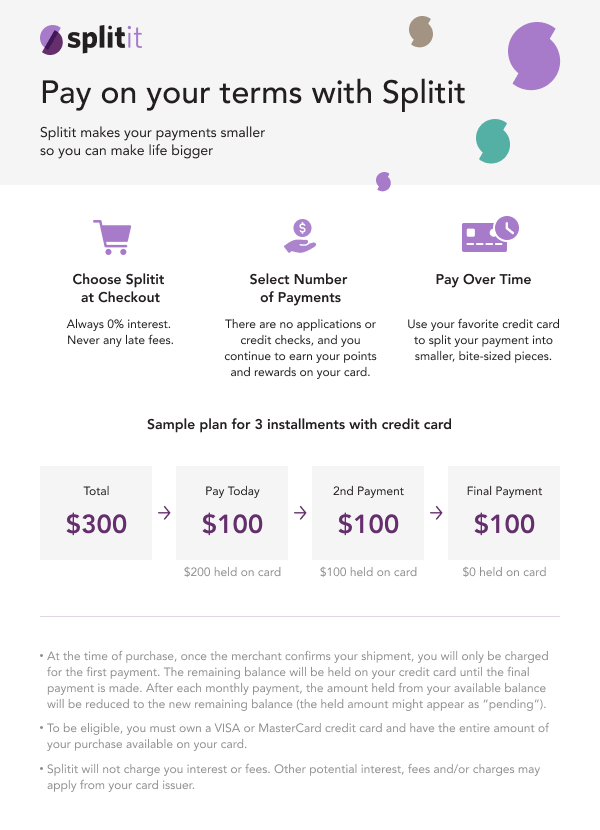Getting a good night’s sleep is about more than the hours you’re able to put in. If you’re tossing and turning all night, setting aside the suggested seven to nine hours can only go so far. Fortunately, there are some easy ways to help your body get the rest it needs, ranging from what foods you should and should not eat before bed to nighttime meditation to newer supplements like melatonin. Check out these tips to help you sleep easy.
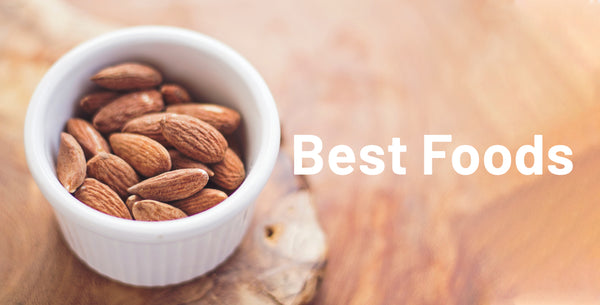
1. The Best Foods for Sleep
Consuming heavy food late into the evening is fun and delicious, but you run the risk of heartburn keeping you up at night. It’s unpleasant. At the same time, that doesn’t mean you have to eat a super early dinner or starve yourself. Going to bed hungry can also mess with your rest. Many sleep specialists say there’s a happy medium — have something to eat a few hours before bedtime. Plus, there are plenty of sleep-inducing foods out there, namely things that are high in melatonin, a hormone that helps the body regulate your sleep cycle.
-
Nuts. Nuts are, in general, a healthy snack. Unless you have an allergy, you should be popping these bad boys frequently, not just when you happen to be on a plane. When it comes to falling asleep, a handful of almonds and walnuts goes a long way. Both are good sources of melatonin as well as magnesium, another nutrient known to be sleep-friendly.
-
Kiwi. Some research has shown that the kiwi fruit may be one of the best things to eat before bed thanks to its high level of serotonin, another sleep-related hormone. The delicious green fruit is also packed with nutrients like Vitamin C and has been known to aid with digestion.
-
Turkey. Legend has it that turkey makes you tired. Sleepiness after Thanksgiving dinner, however, is actually due to the fact that everyone is stuffing their faces like crazy with booze and carbs and pie and more pie. Still, consuming this nutritious bird in a more healthy serving size has been known to aid with sleep. That’s because turkey contains tryptophan, an amino acid which increases melatonin levels. But sorry, having a big Thanksgiving dinner every night won’t help your sleep schedule or your waistline.
-
Cottage cheese. Dairy before bed. Why not? Research has shown that protein-rich cottage cheese can help give your metabolism an overnight boost. You could even throw in some tart fruit if that’s your thing
What not to consume before bed. Alcohol may make you feel drowsy in the moment, but you won’t be getting a good night’s rest. Plus you’ll just have to nap the next day when you’re a hungover mess. Another obvious thing to avoid is caffeine, and this unfortunately includes chocolate. It’s also best to steer clear of anything that tends to be more difficult for digestion. Use your judgment, but this includes fried foods, processed meats, and anything spicy.
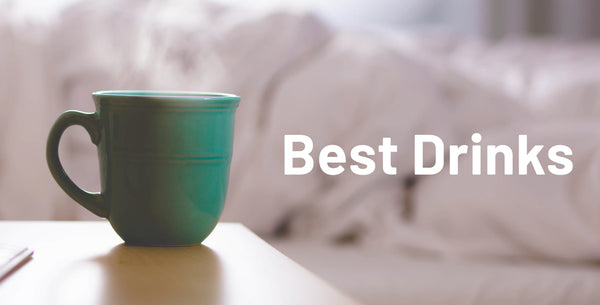
2. The Best Drinks that help you Sleep
You already know to steer clear of coffee and alcohol before bed, but thankfully there are a handful of sleep-friendly nighttime drinks. Part of this is mental. Drinking something relaxing and warm before bed let’s your body know it’s time to relax. Just remember to go to the bathroom before you fall asleep!
-
Water. First let’s start with the basics. You should be having a tall glass of water to make sure your fluid levels are back to normal for the day. And actually, you should just be drinking more water period.
-
Chamomile tea. Studies have shown that having some chamomile tea before bed can help improve sleep quality. Part of that is chemical, but also let’s face it, drinking tea is relaxing. Anything that can put your body in tranquility mode can assist in getting over the mental aspect of insomnia.
-
Valerian root or other herbal teas. Valerian root is an herb known for its sedative properties and perfect for a cup of nighttime tea. You could also try lavender, lemon, or passion flower teas. Just like with chamomile, part of this is just in your head. Tea puts you in the mood (to sleep!) thanks to soothing aromas and warming qualities.
-
Coconut water. Being dehydrated through the night can impact your alertness, energy and cognitive performance the following day, Coconut water is packed with electrolytes that will help your body feel hydrated; it’s basically nature’s Gatorade.
-
Tart cherry juice. Some insomniacs swear by this one. Tart cherry juice contains melatonin, and research has shown that drinking it can help you add some time to your sleep cycle. “Tart” is the operative word here. If you buy the sweet stuff and are up all night, don’t blame us.
-
Warm milk. There’s a reason Mom used to give you a warm glass of milk before bed — it has been known to help you get to sleep. Or maybe it’s just that soothing placebo effect reminding you of childhood. Either way, it won’t hurt to give it a try.
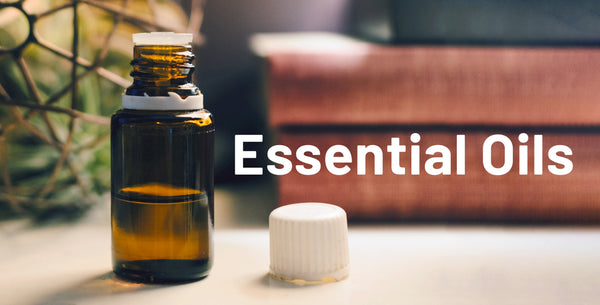
3. Use Essential Oils for Sleep
Have you ever gotten a whiff of someone’s perfume or cologne and were immediately reminded of your ex from five years ago who used to wear that scent? Just me? Fine. But I bet you have been in a kitchen when something exquisite is cooking in the oven. Smell has a huge impact on our brains, and so it’s no surprise that there are a handful of popular essential oils that can help you get to sleep and avoid sleep apnea. The trick here is to make this a part of your nighttime routine, helping your brain to learn that a certain oil means it’s bedtime. Let’s list off a few essential oils and then we’ll get to how best to use them.
-
Lavender. Lavender is consistently ranked as one of the top essential oils for sleep. It has been known to help with anxiety and improve sleep quality and can also help make you more alert during the day. Lavender is also, mercifully, pretty affordable as fancy oils go, making it a perfect essential oil for beginners.
-
Valerian root or chamomile. You could try these as oils instead of teas, but the same properties apply. Valerian root has been known to alleviate insomnia, while chamomile has qualities that will calm you down and reduce anxiety.
-
Eucalyptus. If you suffer from sleep apnea, it’s definitely worth giving eucalyptus oil a try. This oil can help open up your air passages. It also has been known to relieve aches and pains, so if that’s what’s keeping you up, you could try massaging some oil into where it hurts.
-
Frankincense. If it worked for Baby Jesus, it should work for you too. Seriously, frankincense has been used for centuries and if you make it part of your nighttime ritual, you’ll see just how nice and soothing it can be.
How to use essential oils. There are plenty of different ways to safely utilize your essential oils. Air diffusers have become increasingly trendy in recent years. These little machines dilute and spray out your oils, and some of them can look pretty cool in your home. The best essential oils to use with diffusers include chamomile, frankincense, and eucalyptus.
You can also consume essential oils a more simple way: take a few drops rub them on your body — your temples, neck, chest, hands, even feet. You could also mix the oil with epsom salt and add it to your bath. Even opening the bottle and taking a whiff should help. Another option, for sleep apnea sufferers, is to put a few drops of oil in a pot of boiling water and sit with your face over the pot and a towel over your head, breathing in the aroma.
There are a few things to avoid when dealing with essential oils. Generally, it is wise to avoid ingesting the oils, even if they’ve been diluted in water. Also essential oils should be avoided by kids, teenagers and pregnant women.
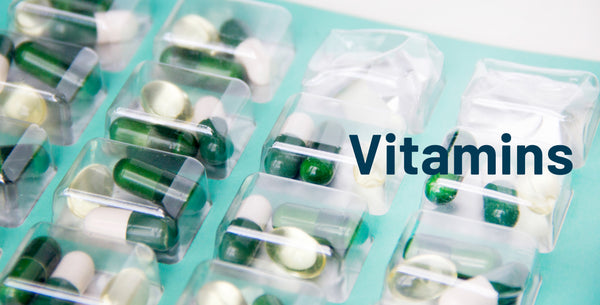
4. Vitamins for Better Sleep
Vitamins are, of course, another natural remedy to insomnia. Taking a supplement is a more direct way than eating or drinking things that just contain the vitamin you’re after. As with most things, don’t expect to pop one pill and hit the hay. Your body needs time to make a routine and adjust. Here are some vitamins to consider using.
-
Vitamin D. When people think Vitamin D, they think sunlight. But popping one of these can also function as a sleep aid. Having a Vitamin D deficiency has been known to impact sleep and keep you up.
-
Magnesium. Part of the reason it makes sense to have a handful of nuts before bed is that they are packed with magnesium, a vitamin known to assist with insomnia.
-
Melatonin. We’ve talked a lot about melatonin already, the sleep hormone produced by the body that regulates your sleep-wake cycle. Some people who suffer from insomnia have found taking a melatonin supplement works as a great sleep aid. It’s also not bad for an international flight or jet lag.
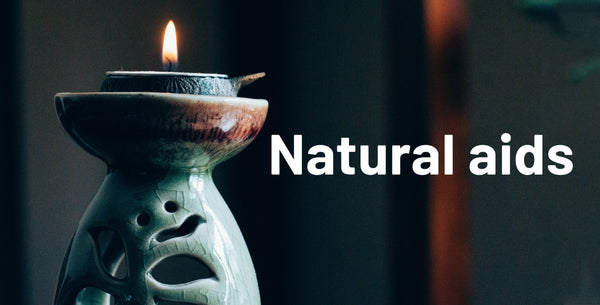
5) Natural remedies to aid sleep
If you’ve made it this far, maybe nothing is working for you. You’ve tried every herbal tea out there. You can’t eat another bite of turkey. Maybe it’s time to step back from what you can put into your body and think a bit more about the most natural of natural sleep-aids.
-
Meditation. You know when your mom told you to count sheep to fall asleep? There was something to that. It’s basically childhood meditation. Nighttime meditation can help relax you and get your body ready for sleep. You can try counting, various breathing exercises, even repeating a mantra if that’s helpful (try “I would like to buy a Bear Mattress” on for size).
-
Guided meditation. YouTube can be a beautiful place, surprisingly, if you just don’t read the comments. Search for “guided meditation” and you might find something right for you. If you’re a meditation beginner, it can be helpful to have a voice telling you how to relax.
-
Light exposure. Sometimes the problem is right in front of our face all along. Is it possible you’re not able to sleep because your room is too bright? Proper curtains and shades can help make sure you are not too exposed to too much light while you sleep. Your pre-sleep routine is very important if you’re serious about improving your rest. Experts agree that limiting your exposure to blue light (like that emitted by the screens you surround yourself with) an hour or two before bed has a significant, positive impact on your quality of sleep.
-
Sound machine. Is too much street noise keeping you awake? Maybe it’s just your old creaky house. A sound machine offers white noise to help you get to sleep. They might take some getting used to at first, but eventually, you’ll never notice it’s around. Some machines can even give you the sound of the ocean or of gentle rainfall, which can be a nice soothing option.
Hopefully this comprehensive list of natural sleep aids can help you be on your way to a better night’s sleep. The important thing is to not get too frustrated. That will only keep you up at night longer! There’s no one-size-fits-all solution for the best sleep, so you should endeavor to experiment with various sleep aids until you find what’s right for you. The key is to train your body into a routine so it recognizes that it’s time to go to bed. You’ll thank yourself in the morning.
